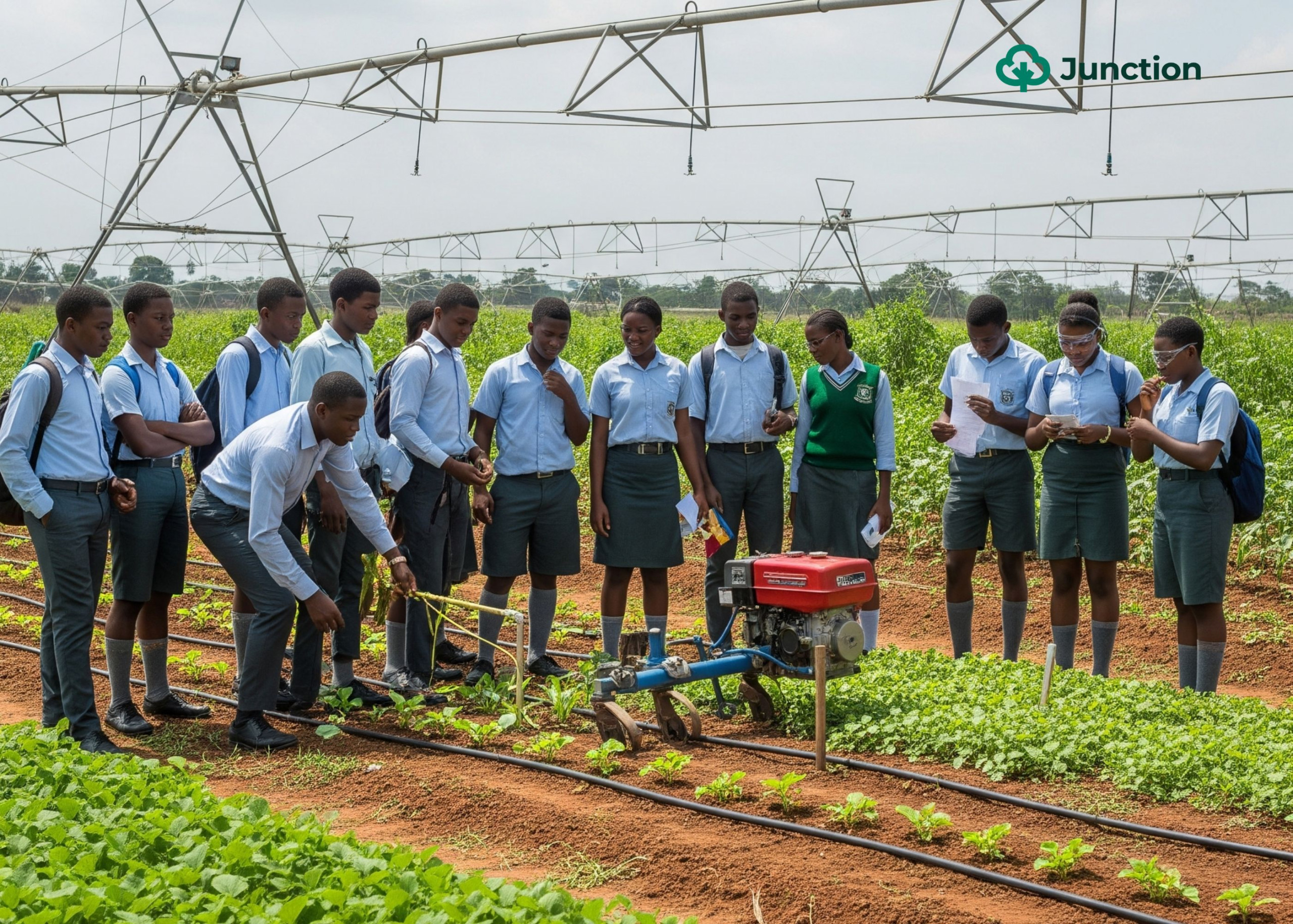News in brief:
– The Nigerian House of Representatives has passed a bill to make Agricultural Science a core subject in schools for the second reading.
– This bill aims to boost food security and reduce youth unemployment through early exposure to agriculture.
A bill seeking to make Agricultural Science a core and compulsory subject in all public and private secondary schools across Nigeria has passed for a second reading.
The proposed legislation, titled A Bill for an Act to Make Agricultural Science a Core and Compulsory Subject in all Public and Private Secondary Schools in Nigeria and for Related Matters (HB. 2222), was sponsored by Hon. Alex Egbona, who represents Yakurr/Abi Federal Constituency of Cross River State.
Targeting food security and youth unemployment
The bill aligns with the goals of President Bola Tinubu’s Renewed Hope Agenda, especially in the areas of economic recovery, food security, and skills development. Proponents of the bill believe that exposing students early to agricultural knowledge will help combat the country’s rising food insecurity and reduce youth unemployment.
Egbona, while leading the debate, emphasised that formal agricultural education at the secondary school level would provide young Nigerians with practical skills and encourage interest in agriculture as a viable career path.
Referred to the House Committee on Education
Following the debate, Speaker of the House, Tajudeen Abbas, referred the bill to the House Committee on Education for further legislative work. If passed into law, Agricultural Science will become a compulsory subject in all Nigerian secondary schools, regardless of ownership.
Analysts argue that the Nigerian youth’s interest in food production is not just due to a lack of knowledge, but a poor enabling environment. In an article, one of our contributors presented a survey that proved that at least 60% of Nigerian students studying agriculture at a higher level are willing to practice if they receive financial backing.
However, with as many as 17% of the surveyed sample stating that they feel they lack the specialised skills needed to succeed in the industry, educating the next generation is equally vital. This education scheme should be bundled with practical applications to be more effective.



